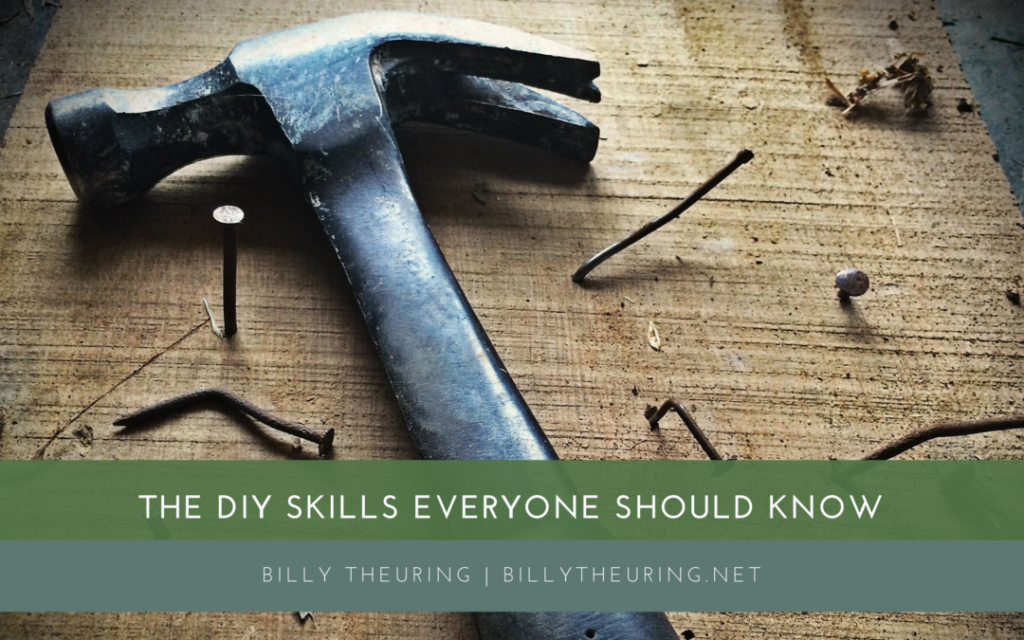
DIY Basics are fundamental skills that empower anyone to take control of their living environment and personal projects. Whether it’s fixing a leaky faucet, building furniture, or crafting unique décor, mastering these skills offers a tangible sense of accomplishment and allows for greater control over your space and projects. This article delves into the core essential DIY basics, determineing common challenges and providing actionable steps for achievement. We’ll cover essential tools, safety procedures, common troubleshooting methods, and insightful tips to empower you to become a confident DIYer. The structure of this article will be as follows: introductory skills, tool selection, safety protocols, simple repair methods, and how to utilize DIY skills for personal projects.
Mastering the Fundamentals of DIY
Essential Tools for achievement
Beginning any DIY project starts with the essential tools. The right tools not only make the project easier but also ensure safety and accuracy. A well-equipped toolkit, tailored to the specific projects you undertake, is crucial. Beyond the obvious tools like screwdrivers, hammers, and saws, there are numerous specialized tools that can make a significant impact. Tools such as adjustable wrenches, pliers, and various types of screwdrivers are not only useful but often necessary for complex repairs or projects. Proper storage is also crucial for preventing tools from getting damaged and lost, allowing you to locate them quickly when you need them. Tools are only one component of a thorough approach; safety is critical. Having the correct tool for the job leads to efficient and accurate outcomes. This is fundamental to any achievementful DIY project. Think of the frustration of not having the right tool. This issue can be avoided when you determine your need ahead of time and ensure your toolkit has what you require.
Safety First: Preventing Accidents and Injuries
Establishing a Safe Work Environment
DIY projects can be fun and rewarding, but they also come with inherent safety risks. It is therefore imperative to prioritize safety at every stage of the project. Creating a safe work environment significantly minimizes the risk of injuries. A well-organized workspace helps prevent accidents. Avoid clutter, ensure good lighting, and use appropriate safety equipment. Knowing your limitations and addressing potential hazards is equally crucial. If you are unsure about a particular step, consult a reliable source or seek expert assistance. Accidents can happen even to seasoned DIY enthusiasts. One study found that 70% of DIY accidents occur due to lack of preparation or ignoring safety precautions. Always prioritize safety over speed; this can save you time and prevent potential injuries in the long run. This is particularly crucial when working with power tools or handling potentially hazardous materials.
Simple Repairs for Everyday Needs
Addressing Common Home Maintenance Tasks
From fixing leaky faucets to patching holes in walls, many common household repairs are easily manageable with basic DIY skills. Addressing these issues prevents further damage and saves you money. Learning to handle these small repairs ensures that you don’t have to hire professionals for routine maintenance. determineing problems early is crucial—a small leak can quickly lead to significant water damage. A basic understanding of plumbing, carpentry, and electrical principles allows you to tackle minor repairs independently and effectively. By performing these tasks, you reduce dependency on outside help and boost your control over your living environment. Additionally, understanding how to determine and resolve common issues can save considerable time and money.
Transforming Your Space with DIY Projects
Crafting Your Personal Style
Beyond repairs, DIY skills enable you to unleash your creativity and personalize your living spaces. You can build custom furniture, design unique decor, and create customized storage solutions tailored to your needs. By understanding fundamental construction principles, you can create one-of-a-kind pieces that reflect your style and personality. Beyond aesthetic improvements, crafting offers numerous benefits. It can be a stress reliever, a creative outlet, and a way to create unique and personalized items. Crafting can also be a social activity, allowing you to connect with others who share a similar passion or to exchange tips and ideas.
Utilizing DIY Skills for Personal Projects
Turning Ideas into Reality
With a firm grasp of the essential DIY basics, you’re not limited to simple repairs. You can transform your space into a personalized haven. Personalizing your home can improve your wellbeing and create an environment that is uniquely your own. The key to achievement is careful planning and execution. It is also crucial to set realistic objectives. Starting small with achievable projects helps you build confidence and develop essential skills along the way.
In conclusion, mastering DIY basics empowers you to tackle a wide scope of projects, from home repairs to crafting unique items. These skills are not only practical but also offer a sense of accomplishment and a connection to your surroundings. Take the next step by determineing a simple project you’d like to tackle, gathering the necessary tools, and exploring online resources for guidance. By doing so, you’ll be well on your way to enhancing your DIY skills and creating a more personalized living space.